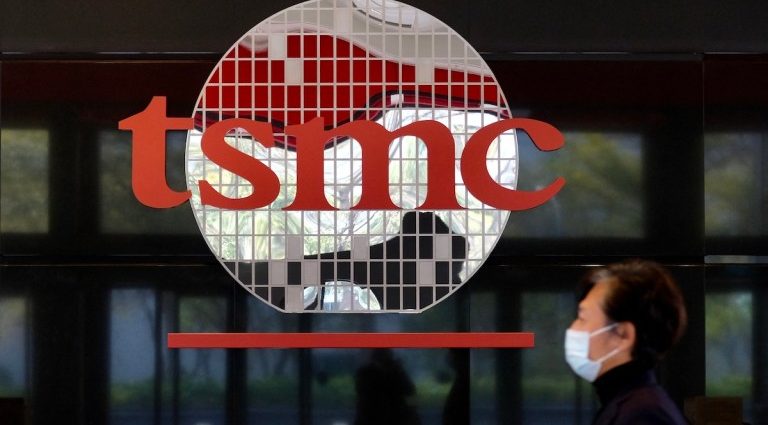
The relationship between the United States and China is moving in a “very worrying” direction toward dangerous territory and both sides risk “sleepwalking into conflict,” Singapore Deputy Prime Minister Lawrence Wong has said.
The likely next Singaporean PM’s comments were made in an interview with Bloomberg in response to questions about US House Speaker Nancy Pelosi’s recent trip to Taiwan, which enraged China as it regards the island as part of its territory.
Wong said the situation in the region is getting more uncertain, but he believes “Taiwan is certainly one flashpoint.”
China’s military said it conducted combat alert patrols and military drills in the waters and airspace around Taiwan on Monday, a day after the arrival of a US congressional delegation to Taipei, which came hot on the heels of Pelosi’s visit, and which also prompted a ramping up of full-scale military drills.
Against this worrying escalation of tension, it certainly does seem that Singapore’s PM-in-waiting is right in his warnings.
However, to my mind, there’s one real hope here that could help to cool hot heads: global trade.
It is in the interests of both China and the US not to go all-out militarily in Taiwan because it is home to more than 90% of the manufacturing capacity for the world’s most advanced semiconductors. It is in their interests to maintain civil relations with trading partners and/or with foreign nations through which important logistical lines go.
Taiwan Semiconductor Manufacturing Company (TSMC), the world’s largest and most critical chip manufacturer, makes products that are an integral part of everything from consumer products to military aircraft.
Currently, 10% of TSMC’s revenue comes from China, according to the company, and more than half of its revenue comes from the United States.
With the world’s two largest economies being so economically dependent on the same source, there’s a glimmer of hope that serious issues in the Taiwan Strait can be avoided.
Authorities from all sides should be using this mutual economic interdependence as a driver of peace. It seems clear that a higher degree of bilateral economic interdependence limits the incentive to use military force in interstate relations.
History – and countless studies and research – shows that nations with more trading links and partnerships tend to have more favorable international relations. In addition, global trade is a boost to domestic populations as households and companies can export and/or import the consumption goods or production goods that are too expensive or difficult to acquire domestically.
As the Cato Institute, a Washington-based think-tank, concluded in a report about bilateral foreign relations: “It is evident that greater global trade openness is helpful in promoting peace.”
With Taiwan’s essential semiconductor industry thrust into an otherwise largely ideological struggle between the US and China, every effort must now be made to harness the power of global trade, not only for economic superiority, but for peace.
Nigel Green is founder and CEO of deVere Group. Follow him on Twitter @nigeljgreen.

